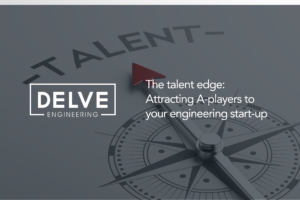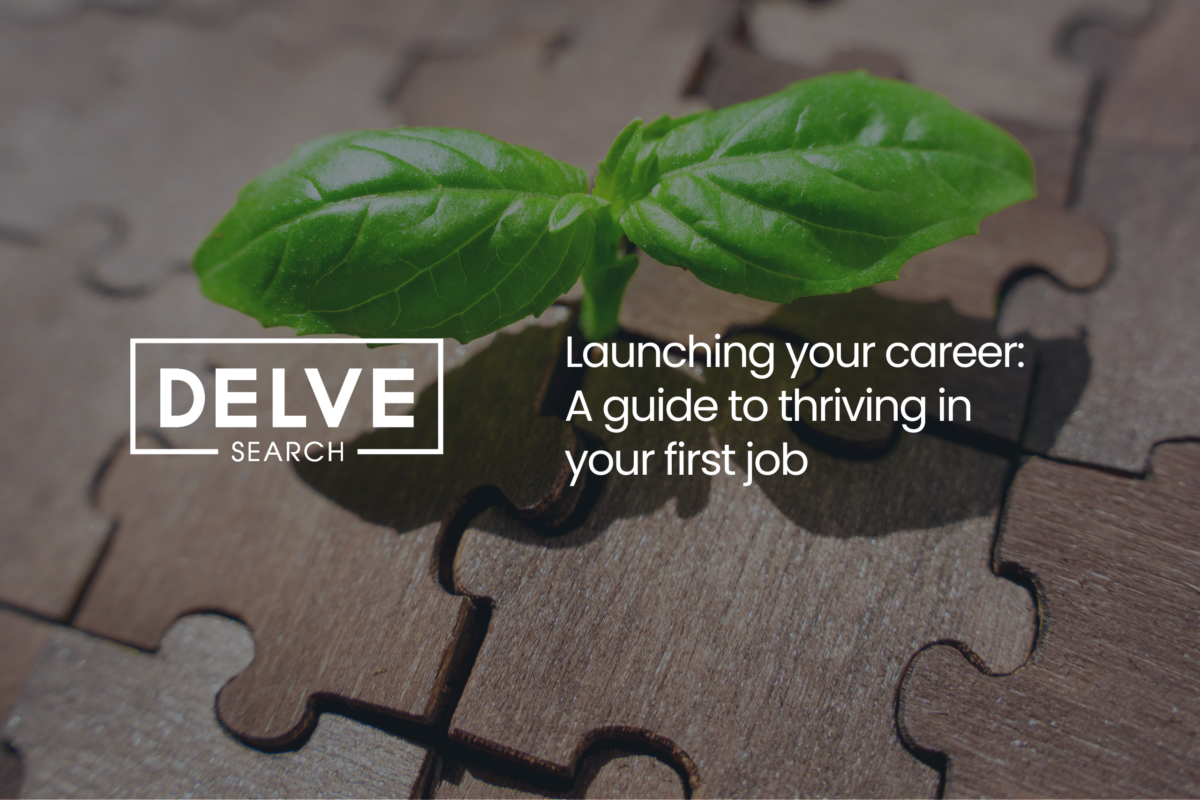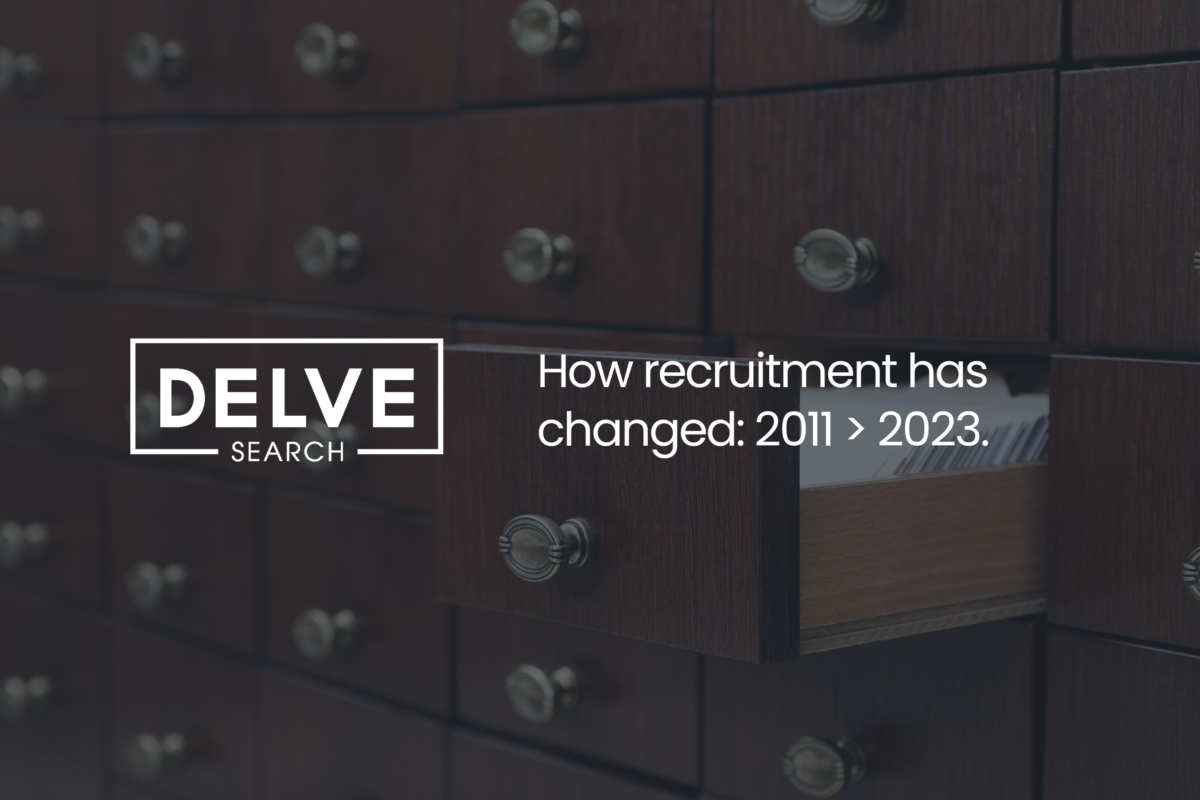
Dresden’s rise: TSMC semiconductor factory and its impact on job market attractiveness
By Nathan Falconer
In recent years, Dresden has become a focal point for economic development and technological innovation, and the city’s allure has only intensified with the announcement of a planned semiconductor factory by Taiwan Semiconductor Manufacturing Company (TSMC). As one of the world’s leading semiconductor manufacturers, TSMC’s decision to establish a presence in Dresden has far-reaching implications, not just for the city’s economic landscape but also for its appeal to job seekers. In this blog post, we will explore the potential impact of the TSMC semiconductor factory on Dresden’s attractiveness for candidates.
Job opportunities in cutting-edge technology: The cornerstone of Dresden’s appeal to job candidates lies in the promise of high-tech job opportunities. The TSMC semiconductor factory is poised to bring a wave of employment opportunities in fields such as semiconductor manufacturing, research and development, engineering, and more. As the demand for skilled professionals in these areas increases, Dresden is likely to witness a surge in the number of job openings, attracting talent from both within Germany and around the world.
Economic growth and stability: The establishment of a TSMC semiconductor factory signifies not only job creation but also economic growth and stability. The semiconductor industry is a key driver of technological advancements and economic prosperity. The influx of investment and the creation of a high-tech manufacturing hub in Dresden will likely have a positive ripple effect on the city’s overall economic health. This economic stability is an attractive factor for job candidates seeking long-term career prospects and a secure living environment.
International collaboration and networking: TSMC’s global presence and reputation bring with them the potential for increased international collaboration and networking opportunities. Professionals working in the semiconductor industry in Dresden may find themselves at the centre of a global network, fostering connections with experts, researchers, and businesses from around the world. This not only enhances career prospects but also contributes to a diverse and dynamic work environment, appealing to candidates with a global mindset.
Skill development and training opportunities: The semiconductor industry is known for its rapid technological advancements, and professionals working in this sector often need to stay ahead of the curve. The presence of a TSMC semiconductor factory in Dresden could lead to collaborations with local educational institutions, creating opportunities for ongoing skill development and training programmes. This is likely to attract candidates who value continuous learning and professional growth.
Quality of life and cultural appeal: Beyond professional considerations, the impact on Dresden’s attractiveness also extends to quality of life. The city’s cultural richness, historical significance, and well-developed infrastructure already make it an appealing place to live. With the economic boost from the TSMC semiconductor factory, Dresden is likely to see further improvements in amenities, cultural offerings, and overall quality of life, making it an even more enticing destination for job seekers.
Conclusion:
In conclusion, the planned TSMC semiconductor factory in Dresden has the potential to transform the city into a global hub for semiconductor technology, with far-reaching consequences for the job market. The influx of high-tech job opportunities, economic growth, international collaboration, skill development initiatives, and an enhanced quality of life are all factors that contribute to Dresden’s increasing attractiveness for job candidates. As the city evolves into a prominent player in the semiconductor industry, professionals looking for exciting career prospects may find Dresden to be an appealing destination with a bright future.
Nathan is a Managing Consultant at Delve Search, based out of our Munich office. To discuss this further or hear how he can support you, get in touch…
LinkedIn: Nathan Falconer
Email: [email protected]
Share This Blog
Recent Articles

The Talent Edge: Attracting A-Players to Your Engineering Start-up

Dresden’s rise: TSMC semiconductor factory and its impact on job market attractiveness

5 Opportunities beyond research in Life Sciences

Benefits of attending Advanced Engineering trade shows

The recruitment cosmos: Navigating 5 trends in talent acquisition



















